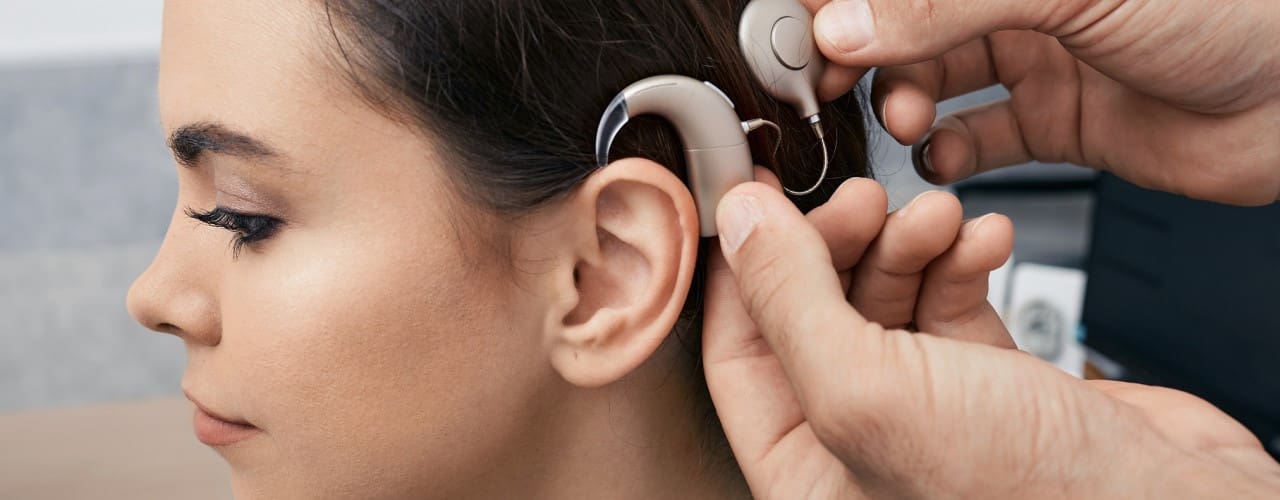Hearing loss symptoms and causes
Hearing loss will affect many of us at some point. When you experience hearing loss, one or both of your ears may be impacted and you may find that the hearing loss is total or partial. There are a number of different types of hearing loss and, if you’re experiencing one of these, then the treatment will be different too. As hearing loss usually happens over time, it’s important that you get some help as soon as you start experiencing problems with your hearing.
How does hearing work?
Whether you call it deafness, decreased hearing or hearing loss, anyone who experiences this will notice a deterioration in how they hear. Our ears are a finely balanced instrument made up of many different parts. Hearing happens when sound waves pass through the outer part of the ear to the thin piece of skin between the outer and middle ear that we call the eardrum. The first stage of hearing is for the eardrum to vibrate. This is then amplified by the bones in the middle ear (the ossicles) as the sound travels to the inner ear. When the sound waves reach the inner ear they move through the fluids of the cochlea where there are millions of tiny hairs attached to nerve cells. It’s these hairs that help to convert the soundwave into the electrical signals that make sound into what we reocgnise in the brain. An issue with any part of this structure can cause hearing loss.
How does hearing loss happen?
Around 25% of people aged 65 – 74 experience hearing loss and it can be a natural part of getting older. There are three main types of hearing loss:
- Conductive hearing loss. This happens when soundwaves no longer travel from the outer ear to the eardrum. It can be experienced at any age and it’s often not permanent hearing loss. Conductive hearing loss means that sounds are muffled and it can be difficult to hear. There could be a number of different reasons for this type of hearing loss, from an ear infection to a buildup of wax.
- Sensorineural hearing loss (SHL). This type of hearing loss is usually permanent and will impact the inner ear and the part of the hearing process where electrical signals are being sent to the brain. It can be the result of a birth defect, head trauma or simply getting older, among other things
- Mixed hearing loss. This is a combination of both SHL and conductive hearing loss.
What are the symptoms?
Any change to your hearing should be examined but especially those that interfere with daily activities, get worse or don’t go away over time. Other symptoms of hearing loss may include hearing that is worse in one ear, ringing in the ears, headaches, numbness, weakness, ear pain or a sudden change in hearing.
Hearing loss may be something that many of us deal with as we get older but it’s still important to get any changes to your hearing checked out to ensure there isn’t something else affecting how you hear.
Harley Street is the UK’s foremost private medical centre which is dedicated to providing high-quality care for your ear, nose, throat, head & neck, and balance-related disorders. Find out more information on the ENT Services we provide at The Harley Street ENT Clinic.

